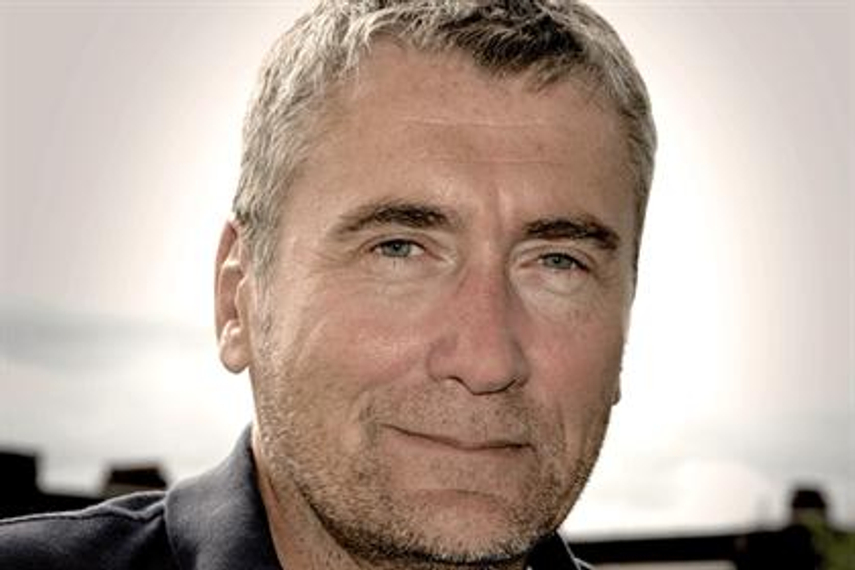
Please sign in or register
Existing users sign in here
Having trouble signing in?
Contact Customer Support at
[email protected]
or call+91 022 69047500
Business has both the responsibility and the power to effect change. And the biggest changes that need to be effected are behavioural, says D&AD’s chief executive.

Contact Customer Support at
[email protected]
or call+91 022 69047500
Top news, insights and analysis every weekday
Sign up for Campaign Bulletins
The new guidelines push brands and influencers to rethink credibility, as technical advice in health and finance faces stricter scrutiny.
Vij joined TBWA\India as the managing director of Nissan United 3.0 in March 2023, where he led integrated mandates for several key brands.
The latest ad films and campaigns from brands like Pepsi, Relaxo Footwears, Battlegrounds Mobile India (BGMI), TATA AIG, and more, in our weekly roundup.
Our weekly roundup of the latest appointments and account wins news from Sungrow Europe, The Advertising Club, Whoppl, and many more.